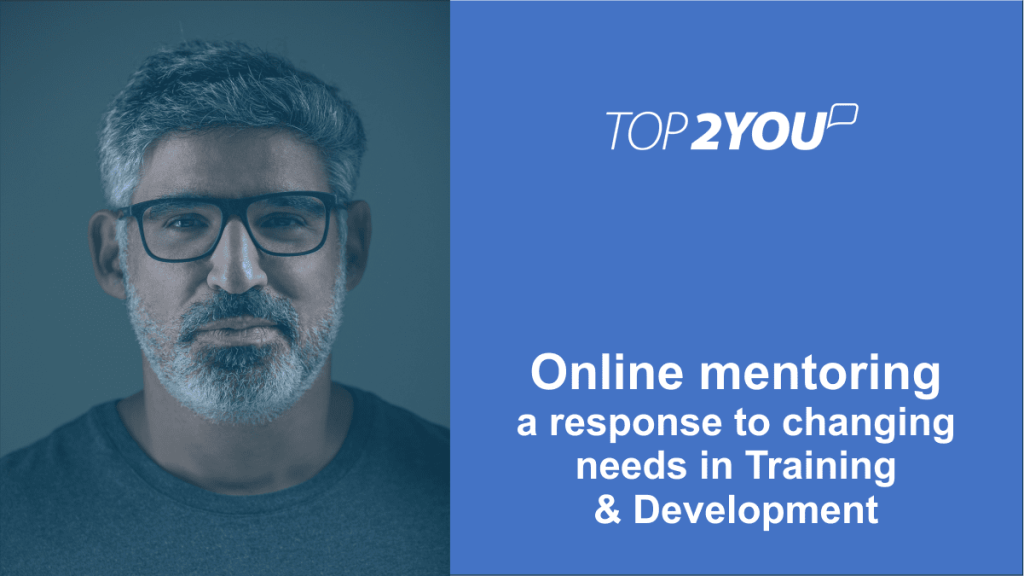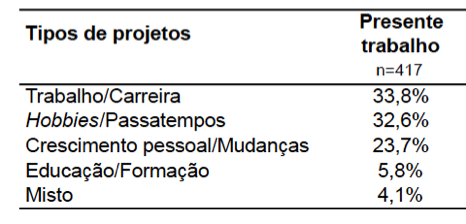We live in a great paradox of companies. On the one hand, with the acceleration of changes in the world and the overload of existing information, it has never been more important to install a continuous, independent and autonomous learning process in the company.
Especially in medium and large companies, the T&D areas have faced great difficulties in offering corporate education actions that respond to the effective needs of the business and people. This happens for a few reasons.
In the first place, corporate learning initiatives most often follow a “school” pattern, which places the adult student in a passive role: the theme, the medium (online or face-to-face), the moment, the content, who will facilitate it, and so on.
Since the 1970s, when Malcolm Knowles structured the principles of Andragogy (or the art and science of helping adults learn), he highlighted that restricting control is not the best way to support the educational process. This is in the description of one of its six principles, the “learner’s self-concept”:
Adults have a self-concept of being responsible for their own decisions, for their own lives. Once they have arrived at this self-concept, they develop a deep psychological need to be seen and treated by others as capable of self-direction. They resent and resist situations in which they perceive others to be imposing their will on them. This poses a serious problem for adult education: as soon as the adult begins to participate in an activity called “education”, “training”, or any other synonym, the individual regresses to the conditioning of his previous school experiences, puts on the hat of dependency, crosses their arms, leans back in the chair and says “teach me”. Treating adults like adults is one of the basic principles for any training offer or corporate development actions.
Doing so is recognizing that all employees have the ability to understand their needs for improvement and are able to structure paths that help them – through knowledge and learning – to carry out the activities they need to succeed in their professional lives. In recent academic research with Brazilian executives, it became clear that the ability to promote professionals’ self-directed learning is not being implemented and/or developed. Based on a research protocol carried out worldwide, the results of this study demonstrated how the corporate world does not take advantage of this characteristic present in a large part of the population.
On the one hand, the study showed that 70% of the professionals interviewed have a tendency towards self-directed learning. That is, they have (or believe they have) the necessary means to structure their own educational paths.
On the other hand, the interviewed professionals reported doing this much more in home environments than professional ones.
As the table below demonstrates, an adult person invests much more time in non-professional activities (63.1%), such as hobbies, personal growth actions or changes.
Another important aspect in the context in which we live is the workload of educational actions within the company. In general, and even for logistical reasons, most training actions are face-to-face and long-term. From 8 to 40 hours.
See the entirety of this article on our Linkedin by clicking here!





